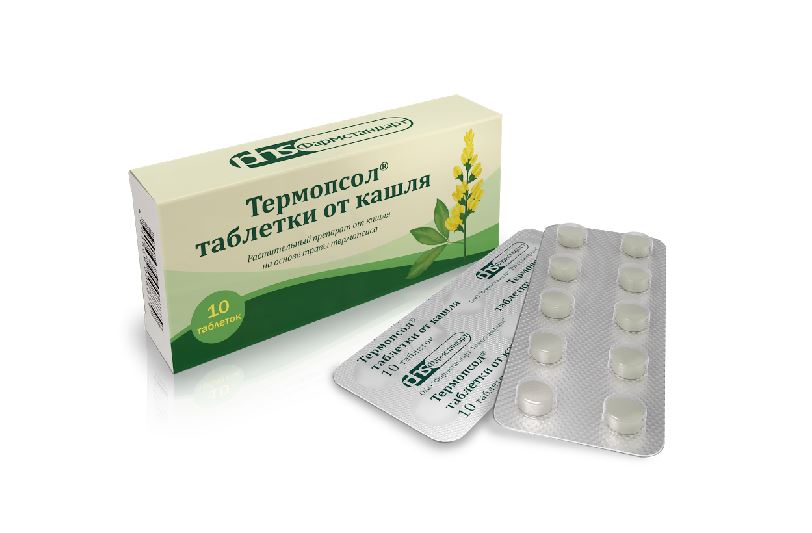Aksen Fort Tabletki
The Official Site of The Nakhshijahan Med; EN AZ. Home; About us; Medical Devices & Services; Pharmaceuticals.
How to take Ponstan Forte 500mg Tablets Mefenamic acid 7/L/e/7 Read all of this leaflet carefully before you start using this medicine. Keep this leaflet. You may need to read it again. If you have any further questions, ask your doctor or pharmacist. This medicine has been prescribed for you. Do not pass it on to others. It may harm them, even if their symptoms are the same as yours.
If any of the side effects get serious, or if you notice any side effects not listed in this leaflet, please tell your doctor or pharmacist. In this leaflet: 1. Party ability bars 335 for sale. What this medicine is and what it is used for 2. Before you take 3. How to take 4. Possible side effects 5.
How to store 6. Further information 1.  What this medicine is and what it is used for Ponstan Forte tablets contain mefenamic acid which is a non-steroidal anti-inflammatory drug (NSAID). They can help to relieve: symptoms of inflammation, such as redness and swelling pain and discomfort caused by arthritis, muscular or rheumatic disorders headache, muscle ache or toothache pain after operations, trauma childbirth pain painful or heavy periods. Before you take Do NOT take Ponstan Forte if you: are allergic to mefenamic acid, to any other anti-inflammatory medicines (such as aspirin, ibuprofen, celecoxib), or to any of the other ingredients (see Section 6) have, or have ever had, stomach or intestinal conditions such as peptic ulcer, bleeding in the stomach or severe gastritis have an inflammatory bowel disease (e.g. Ulcerative colitis, Crohn's disease) have severe heart, liver or kidney problems have just had heart bypass surgery are more than 6 months pregnant.
What this medicine is and what it is used for Ponstan Forte tablets contain mefenamic acid which is a non-steroidal anti-inflammatory drug (NSAID). They can help to relieve: symptoms of inflammation, such as redness and swelling pain and discomfort caused by arthritis, muscular or rheumatic disorders headache, muscle ache or toothache pain after operations, trauma childbirth pain painful or heavy periods. Before you take Do NOT take Ponstan Forte if you: are allergic to mefenamic acid, to any other anti-inflammatory medicines (such as aspirin, ibuprofen, celecoxib), or to any of the other ingredients (see Section 6) have, or have ever had, stomach or intestinal conditions such as peptic ulcer, bleeding in the stomach or severe gastritis have an inflammatory bowel disease (e.g. Ulcerative colitis, Crohn's disease) have severe heart, liver or kidney problems have just had heart bypass surgery are more than 6 months pregnant.

If any of the above apply to you, speak to your doctor or pharmacist. Take special care with Ponstan Forte Before taking the tablets, tell your doctor if you: are taking any other NSAIDs (e.g. Ibuprofen, diclofenac) are taking any other anti-inflammatory medicines including steroids (e.g. Prednisolone) are taking aspirin or medicines that thin the blood (e.g. Warfarin, clopidogrel) are taking antidepressants called selective serotonin re-uptake inhibitors (SSRIs) (e.g.
Paroxetine) have kidney or liver problems. Your doctor may check your kidney or liver function before and during treatment are elderly (see Section 3) are trying to become pregnant (see Section on Fertility) have stomach or digestive tract problems or if you ever had an upset stomach after taking pain killers such as aspirin. Bleeding in the stomach or gut can occur in patients taking Ponstan Forte have a bleeding disorder or if you are going to have a major operation. Ponstan Forte can affect the clotting of your blood. It can make you bleed more and for longer than usual have asthma, or a history of asthma, as this medicine may cause breathing difficulties have a connective tissue disorder, e.g.
Systemic Lupus Erythematosus (SLE) have epilepsy are dehydrated (thirsty with dry skin, dark urine, dry mouth, headache) have heart problems, previous stroke or think that you might be at risk of these conditions (e.g. If you have high blood pressure, diabetes or high cholesterol or are a smoker). Additional monitoring may be carried out by your doctor. Medicines such as Ponstan Forte may be associated with a small increased risk of heart attack or stroke. Any risk is more likely with high doses and prolonged treatment.

Do not exceed the recommended dose or duration of treatment. Taking other medicines Please tell your doctor or pharmacist if you are taking or have recently taken any other medicines, including medicines obtained without a prescription, and herbal preparations. FRONT Some medicines may be affected by Ponstan Forte or they may affect how well Ponstan Forte will work.
Tell your doctor or pharmacist if you are taking: medicines that can increase the chance of getting ulcers or a bleed in the stomach or gut, such as: - corticosteroids used to treat arthritis and inflammation - medicines such as anti-platelet agents, used to thin the blood (e.g. Warfarin, aspirin, clopidogrel) - antidepressants called selective serotonin re-uptake inhibitors (SSRIs) (e.g. Paroxetine) - any other anti-inflammatory medicines (e.g. Diclofenac, celecoxib) aspirin including low doses of aspirin used to prevent your blood from clotting in certain heart conditions medicines used for high blood pressure (e.g. Atenolol, ramipril, valsartan) diuretics (water tablets) or heart medicines (e.g. Digoxin, sotalol, diltiazem) some diabetic medicines (e.g.